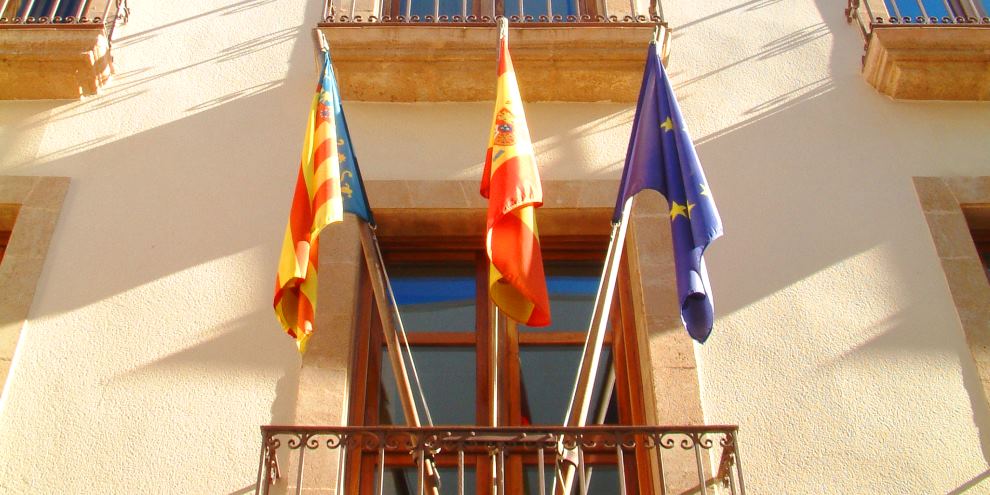
The padrón is a Municipal Civil Register on which every resident in Jávea should be registered as it is a legal obligation required by Spanish law.
It is essentially an official tally of how many people live in the community. For every person that is registered, the Ayuntamiento – the town hall – receives funding from central government to pay for services such as policing, health centres, cleaning and the postal service.
So if the Padrón Municipal records a population of 30,000, the Ayuntamiento receives the appropriate funding for that number of residents, irrespective of whether the actual population is higher.
Therefore, not only is it a legal requirement, it is in everyone’s interests to register in order for the town to receive the funding, the second-largest source of income for Jávea after the rates. It is currently estimated that Jávea loses almost two million euros a year – about 6% of its income – due to the “missing” population, thought to be around 10,000 people, mainly foreign residents who are either unaware that they should register or choose not to do so.
The list is confidental and there’s no downside to being registered. Thus, if you spend the majority of your time in Xàbia, registering on the padrón means you will be complying with the law.
You also need proof of your registration in the form of a Certificado de Empadronamiento for various official actions, such as applying for state health cover, registering children in local schools or buying a car. In addition, the benefits include free municipal bus passes for the over 65s and the potential to minimize inheritence taxes.
Required Documentation
- Passport or recognised official identification.
- N.I.E. / Residencia certificate or T.I.E.
- For home owners, the escritura (deeds) for the house and a latest receipt for IBI or AMJASA.
- For renters, a valid rental contract (in Spanish).
- If you live in a home without a rental contract (for example, the family holiday home that is not registered in your name), you will need to produce a signed letter giving permission to live in the house as well as a latest receipt for the address (IBI or AMJASA).
- Since 2015, EU citizens are required to produce the green residency certificate although not all municipalities demand it.
We always recommend taking photocopies of these documents with you whenever dealing with bureaucracy as it can often help speed up the process.
The Application Process
OFICINA DE ATENCIÓN CIUDADANA
Avenida Amanecer de España, 2
03730 Javea (Alicante)
Open: 8.15am to 2.00pm (Monday to Friday)
Applications are made at the Oficina de Atención Ciudadana in Avenida Amanecer de España in the old town, situated on the top of the Portal del Clot underground car-park and open between 8.15am and 2pm, Monday to Friday.
When you enter the building, there is a ticket machine directly in front of the door. Simply take a ticket and wait for your turn. Sometimes numbers will be called out; more often that not it will be a case of asking who is the last person in the queue and waiting for that person to be seen. It works.
Armed with the appropriate documentation – a valid passport or national identity card and a rental contract or ‘escritura’ if you are a home owner – the application process is quite easy. A Certificado de Empadronamiento can be issued at the same time – for a nominal fee – but the certificate may be needed to buy or sell a car, register a child in school or apply for an N.I.E. or residency.
EU nationals should renew their registration every five years; non-EU nationals (such as British citizens) every two years. The Ayuntamiento should also be notified of any change of status, such as moving house. Sometimes the Ayuntamiento will contact residents to ask them to re-confirm their details. This is quite normal.
On occasions, the INE – the state statistical office – will instruct town halls to update their record of foreign residents and the failure to do so by the individual will mean their removal from the register. The last time this happened was 2013 which is partly the reason why the population of Xàbia has dropped so dramatically over the past couple of years.
NOTE: Registering on the padrón does NOT mean that you will be registered to vote in the municipal elections. However, you can sign on to both registers at the same time, although you will have to ask to do so.

